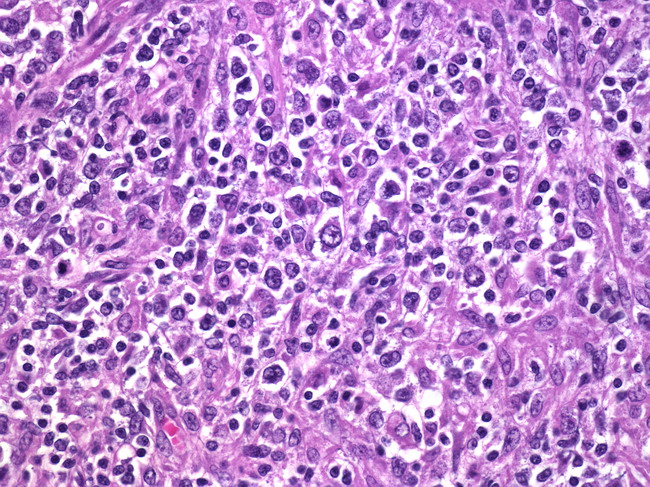Tag: Dermatology
-

Regenerating Eyedrops May Help Damaged Corneas Heal
Northwestern Medicine investigators have developed first-of-its-kind eyedrops that use synthetic nanoparticles to help the eye regenerate cells that have been damaged by mustard keratopathy, or exposure to mustard gas, and other inflammatory eye diseases, detailed in a recent study published in the journal NPJ Regenerative Medicine.
-

New Wearable Device is the First to Gauge Health by Sensing Gases Through Skin
Northwestern University scientists have developed the first wearable device for measuring gases emitted from and absorbed by the skin, according to a new study published in Nature.
-

Microbial Therapy Offers New Hope for Vitiligo Patients
A natural compound derived from gut-friendly bacteria can significantly slow the progression of vitiligo and may restore pigmentation, according to a new study.
-

Improving Atopic Dermatitis Treatment for Adolescents
Long-term treatment with the drug upadacitinib significantly improved symptoms and quality of life compared to placebo in adolescents with moderate to severe atopic dermatitis after 76 weeks with strong evidence of safety, according to a recent Northwestern Medicine analysis of three international, randomized clinical trials.
-

Diagnostic Guidelines Don’t Catch All Rare Cancers, Study Finds
Current diagnostic guidelines for a rare type of lymphoma miss a subset of patients with the disease, according to a Northwestern Medicine study published in the journal Blood.
-

Scientists Discover Potential Biomarker in Rare Skin Cancer
Northwestern Medicine scientists have discovered increased immune cell activity in Merkel cell carcinoma tumors, which could help predict treatment response in patients and inform the development of new targeted therapies, according to findings published in the journal Cancer Discovery.
-

Scientists Discover a Cause of Lupus and a Possible Way to Reverse It
Scientists have discovered a molecular defect that promotes the pathologic immune response in lupus and demonstrated that reversing the defect may potentially reverse the disease.
-

Children With Skin Diseases Suffer Stigma, Bullying and Depression
A study has shown the majority of children and teens with chronic skin diseases feel stigmatized by peers for their condition, are sometimes bullied, and often suffer from depression and anxiety.
-

‘Super Melanin’ Heals Skin Injuries From Sunburn, Chemical Burns
A newly developed synthetic melanin, mimicking the natural melanin in human skin, can be applied topically to injured skin, where it accelerates wound healing.
-

Novel Intercellular Signaling Mechanisms Promote Melanoma Growth
Investigators have discovered novel intercellular “crosstalk” between epidermal keratinocytes and melanoma cells that promotes cancer growth and metastasis, which could also serve as biomarkers for early cancer detection, according to a recent Northwestern Medicine study.





